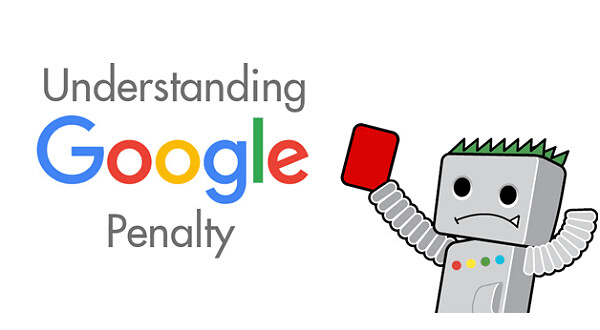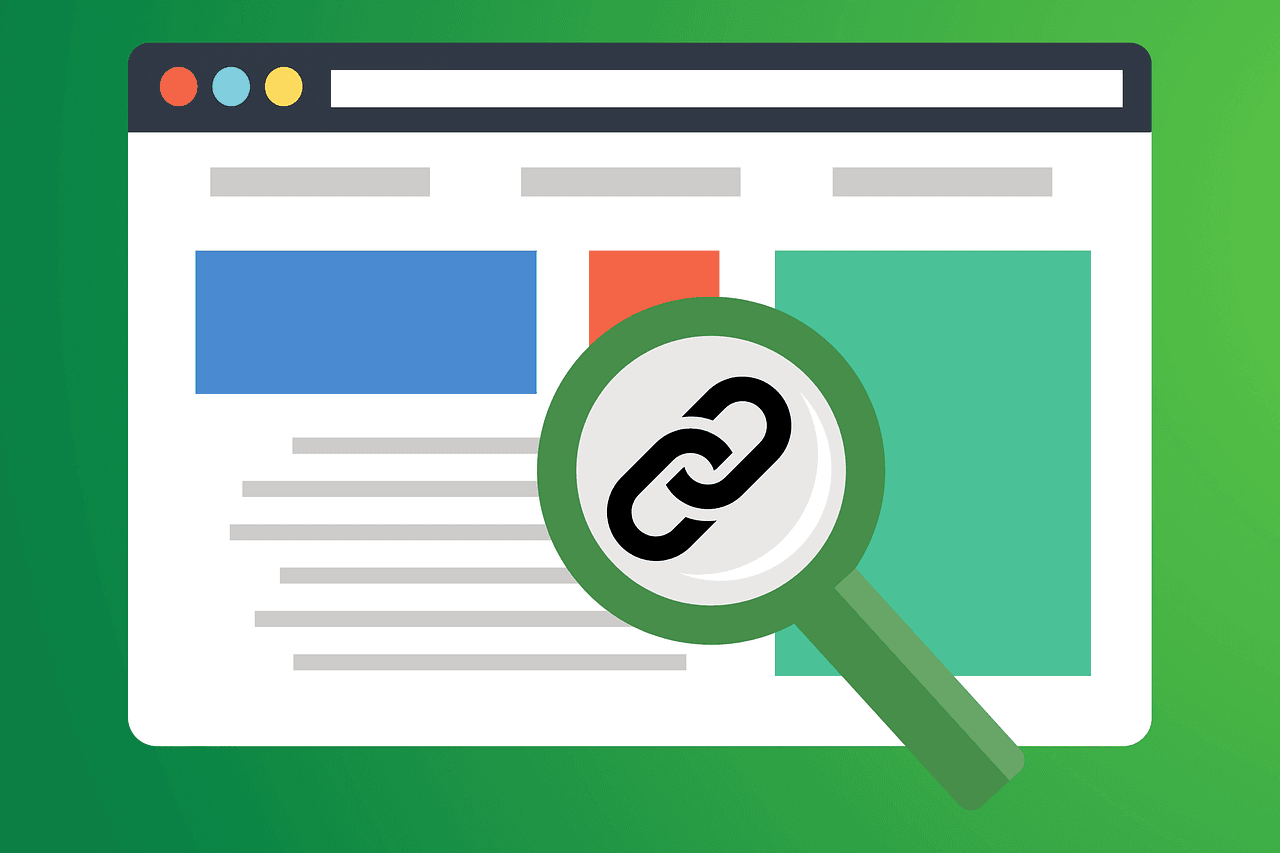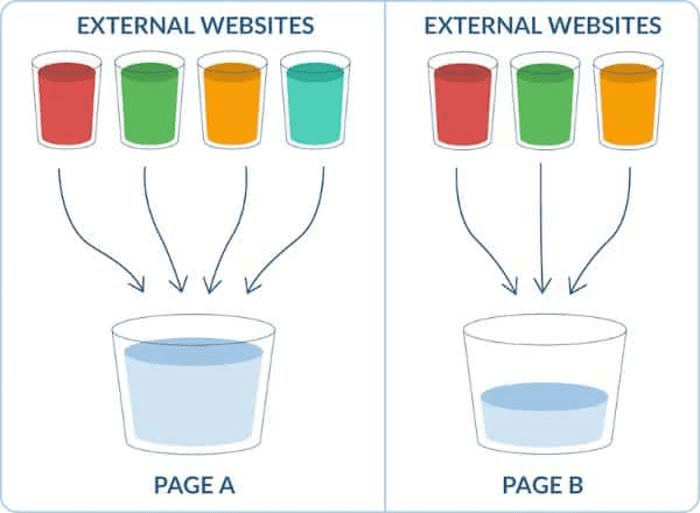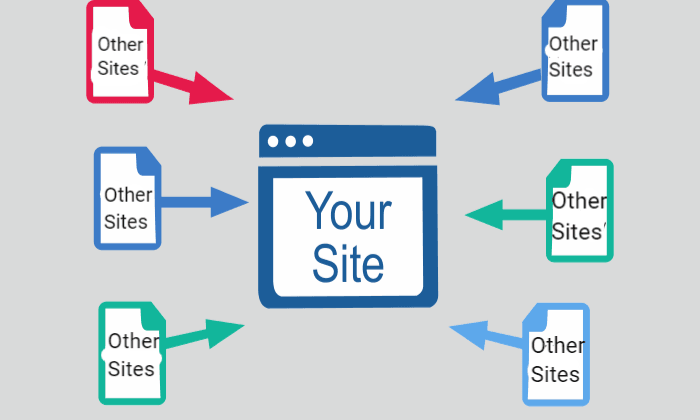A Google Penalty can drastically impact your website’s search rankings and traffic, often due to violating Google’s guidelines. At Keyword Metrics, we simplify complex SEO topics like this, helping you stay informed and penalty-free. Dive in to learn how to protect your site!
What is a Google Penalty?
A Google Penalty refers to a negative impact on a website's search engine rankings due to violating Google's search quality guidelines. Penalties can either be manual actions issued by Google's team or algorithmic consequences triggered by core updates. For website owners, a penalty can result in decreased visibility in search results, reduced traffic, and lost revenue.
Google enforces penalties to ensure its search results remain high-quality and free of spam or manipulation.

How Google Penalties Work
Google penalties are typically caused by practices that aim to manipulate search rankings. These include:
- Manual Penalties
- Issued directly by Google’s team when they detect guideline violations.
- Example: Participating in link schemes to artificially boost rankings.
- Algorithmic Penalties
- Triggered automatically by algorithm updates.
- Example: Google's Penguin algorithm targeted sites with unnatural backlink profiles.
Signs of a Google Penalty
- Sudden drop in search traffic.
- Pages disappearing from Google’s index.
- A notification in Google Search Console.
What are the Effects of Google Penalties?
Understanding and avoiding Google penalties is crucial for maintaining and improving search rankings. Penalties can harm:
- Organic Visibility: A penalized website is harder to find on Google.
- Business Revenue: Lower visibility means fewer potential customers.
- Brand Reputation: Being penalized can damage credibility.
Industry Example:
In 2014, eBay experienced a massive traffic drop after being penalized for over-optimization in its category pages. The penalty resulted in significant revenue loss and highlighted the importance of adhering to Google's guidelines.
Common Causes of Google Penalties
Low-Quality or Duplicate Content
Using copied or thin content can trigger penalties. Google's algorithms prioritize original, valuable information for users.
Example: Publishing spun articles across multiple pages.
Actionable Tip: Use tools like Grammarly or Copyscape to ensure your content is unique and engaging.
Unnatural Backlinks
Buying or exchanging links to manipulate rankings is a common violation.
Example: Participating in link farms or spammy guest posting networks.
Actionable Tip: Focus on earning backlinks naturally through high-quality content and authentic relationships.
Keyword Stuffing
Overusing keywords in an attempt to rank higher can result in a penalty.
Example: Writing "best pizza New York" unnaturally multiple times on a page.
Actionable Tip: Write for humans first and use keywords sparingly.
Hidden Text or Links
Hiding text or links from users but showing them to Google is considered deceptive.
Example: Using white text on a white background to hide keywords.
Actionable Tip: Always display content transparently to both users and search engines.
User Experience Violations
Sites with intrusive pop-ups, slow loading speeds, or poor mobile optimization can face penalties.
Example: Pages that show full-screen pop-ups immediately after loading.
Actionable Tip: Test your site’s usability using Google’s Mobile-Friendly Test and optimize page speed.
How to Recover from a Google Penalty
- Identify the Cause: Use Google Search Console to locate manual penalties or analyze traffic patterns for algorithmic issues.
- Fix the Problem: Remove harmful links, update content, or improve site usability.
- Request a Review: For manual actions, submit a reconsideration request through Google Search Console.
- Monitor Progress: Keep track of search rankings and traffic to ensure recovery.
Pro Tips for Avoiding Google Penalties
- Follow Google’s Guidelines: Familiarize yourself with Google’s Webmaster Guidelines.
- Audit Your Site Regularly: Use tools like SEMrush, Ahrefs, or Screaming Frog to identify potential issues.
- Focus on Quality: Create content and build links that genuinely add value for users.
- Keep Up with Updates: Stay informed about Google algorithm changes through reputable sources like Search Engine Land.
FAQs about Google Penalties
Q: How do I know if my site is penalized?
Check Google Search Console for penalty notifications or investigate traffic drops using tools like Google Analytics.
Q: Are all penalties permanent?
No, you can recover by fixing the issues and submitting a reconsideration request for manual penalties.
Q: Can hiring an SEO agency help avoid penalties?
Yes, experienced agencies like Embarque can ensure compliance with best practices, but choose one with a transparent and ethical approach.
Q: What’s the difference between a penalty and an algorithm update?
A penalty is a targeted action against your site, while an update affects all sites based on new ranking criteria.
Related Glossary Terms to Explore
- Backlinks: Discover how quality backlinks can boost your SEO and avoid penalties from spammy link practices.
- Domain Authority: Find out how domain authority impacts your rankings and why it's crucial for penalty prevention.
- Keyword Research: Learn how proper keyword research helps you avoid keyword stuffing and maintain a natural content flow.


